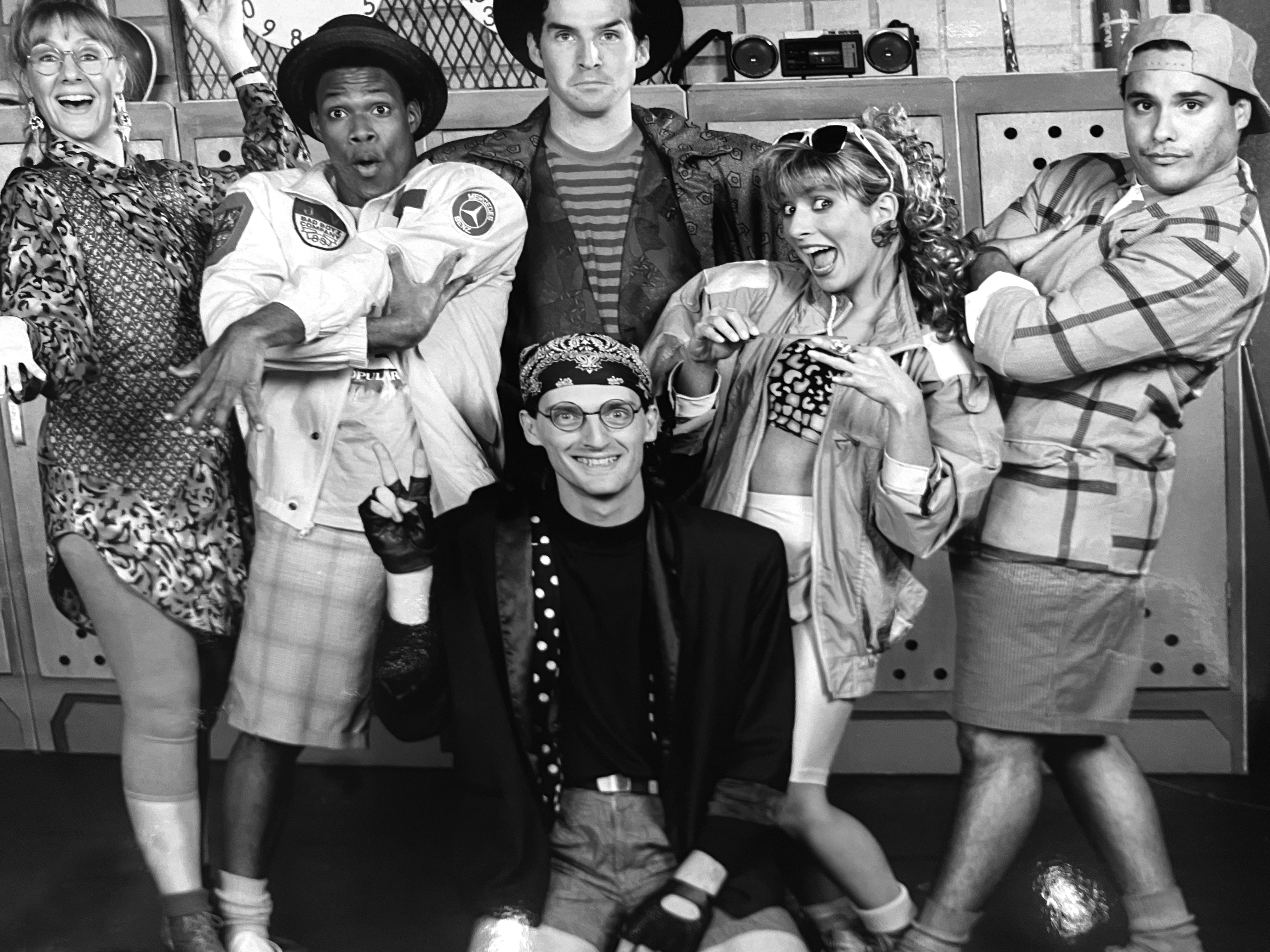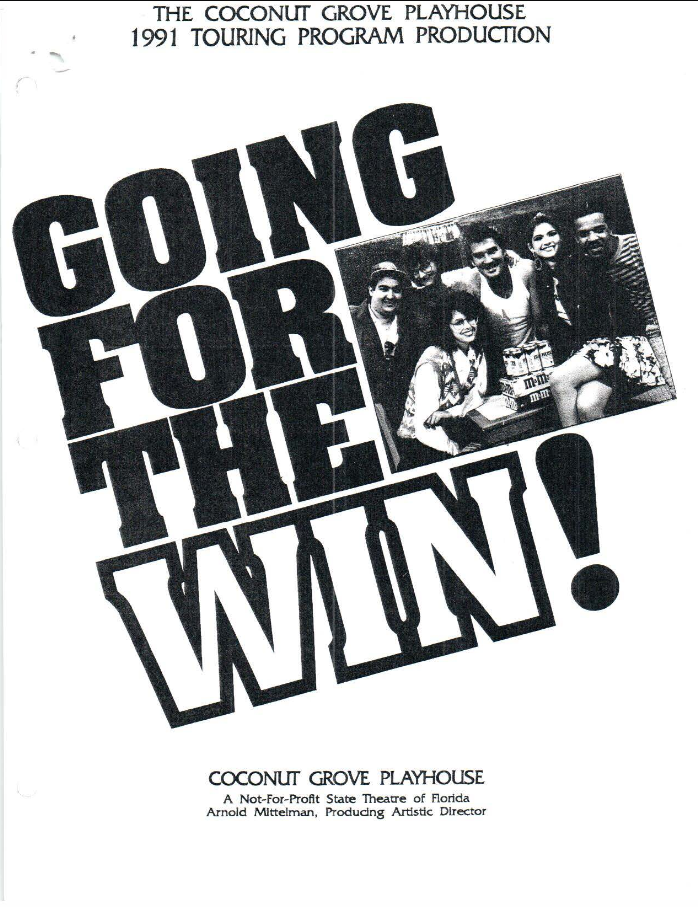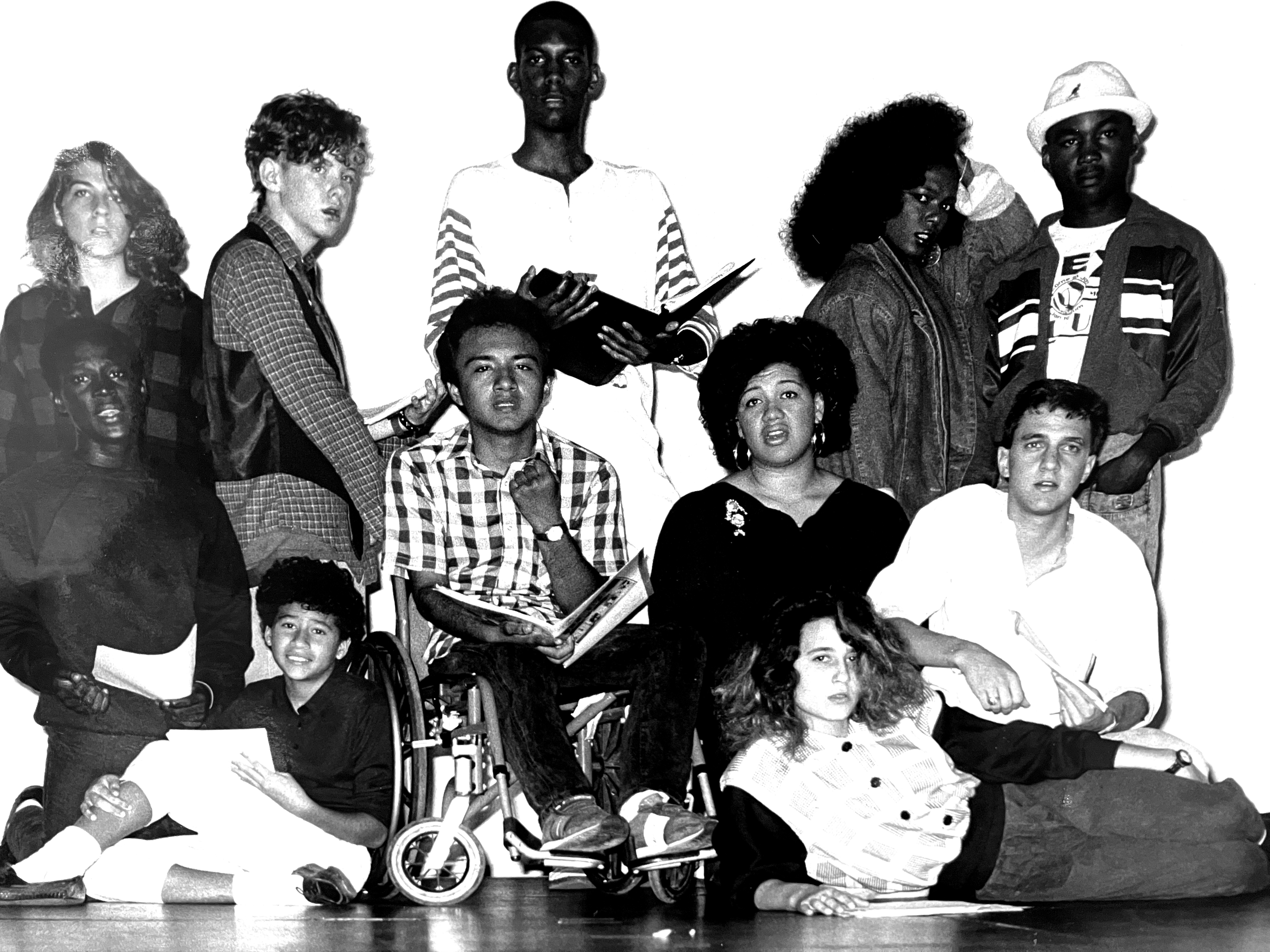Presented in elementary schools, these age-appropriate “Louie the Lizard” plays focused on issues like love, acceptance, friendship and self-esteem. They also dealt with social issues that might be affecting children in this age group, such as bullying, self-image, problems faced by the physically challenged, expressing feelings in positive ways, conflict resolution, and having a single parent. Titles of just a few of these productions were “You Are What You Eat,” “Even Panthers Get the Blues,” and “It Takes Courage to be a Child.” Following performances, apprentices worked directly with the students in age-appropriate activities, asking questions about the play or teaching lyrics to a song tailored to their age group.

The Education Program offered younger children “Lizard Lessons,” which became a popular series.

A new “Louie the Lizard” play was performed at more than 70 schools each year. The programs often included age-appropriate extras: quizzes, word searches, and a Louie the Lizard design to color!
The Education Department also presented “Louie the Lizard” plays to school groups in the Encore Room at the Playhouse, creating a special and memorable class trip for the children. Playbill-type brochures were specially designed with puzzles and other games. Shown here is the workbook for “The Conflict.” See materials for these other Lizard play by clicking on their names:
For the older students, Theater for a Difference –After an initial three seasons of presenting plays to Middle School and High School students, in 1991 Delgado initiated “Theater for a Difference” for this age group.
Apprentices performed in these specially-commissioned plays that were socially relevant and designed to help young adults make responsible choices. Issues covered included topics such as prejudice, peer pressure, familial violence, drug abuse, divorce, disabilities, school shootings. Following performances, apprentices engaged the students in a discussion about the play and the issues it addressed. A study guide was provided to teachers to continue these discussions in the classroom. The program’s impact in combating negative behavior in adolescents garnered ongoing financial support from the City of Miami’s police department community crime prevention funds. Additionally, the Miami affiliate of NBC frequently featured recordings of these plays on its program “The More You Know.” These plays were:

The cast of “Willpower II.”
- 1987 Spoon River Anthology
- 1989 Willpower I
- Willpower Teacher Resource Guide
- 1990 Willpower II
- 1991 “Going for the Win,” a play dealing with drug and alcohol abuse in teens
- 1992 “Agape,” an original musical dealing with teen friendship in an atmosphere of violence
- 1993 “Sweet Justice,” a drama about poverty and survival during Hurricane Andrew
- 1994 “BX Blues,” a play about gang violence, drugs, and inter-racial relationships
- 1995 “Breaking the Cycle,” a play exploring issues of domestic violence
- 1996 “Burning Dreams,” a drama focusing on teen sexuality, AIDS, and abstinence
- 1997 “All Colors of the Rainbow,” a direct look at racism
- 1998 “BX Blues,” repeat from 1994, by request
- 1999 “Breaking the Cycle,” repeat from 1995, by request
- 2000 “Bang Bang You’re Dead,” a play focusing on teen violence and gun control
- 2001 “Never Nothin’ Again No More!” a play dealing with teen suicide
- 2002 “Romanza,” a play examining the events of 9/11
- 2003 “Boxes,” a play about teen decision-making
- 2004 “The Carriage,” a play focusing on teen self-discovery and responsibility
All these plays with the exception of “Bang, Bang You’re Dead” by William Mastrosimone were commissioned by the Coconut Grove Playhouse.
*Presented prior to initiation of “Theater for a Difference”

“Going for the Win” was the first touring production considered “Theater for a Difference:” – newly-commissioned plays dealing with social issues relevant to teenagers.

A promotional flier for the two productions presented in school during the 2001-2002 season.
The “Young Playwrights Program” taught monologue writing to middle school and high school students

A group of students observing a playreading of “The Me Nobody Knows.”
